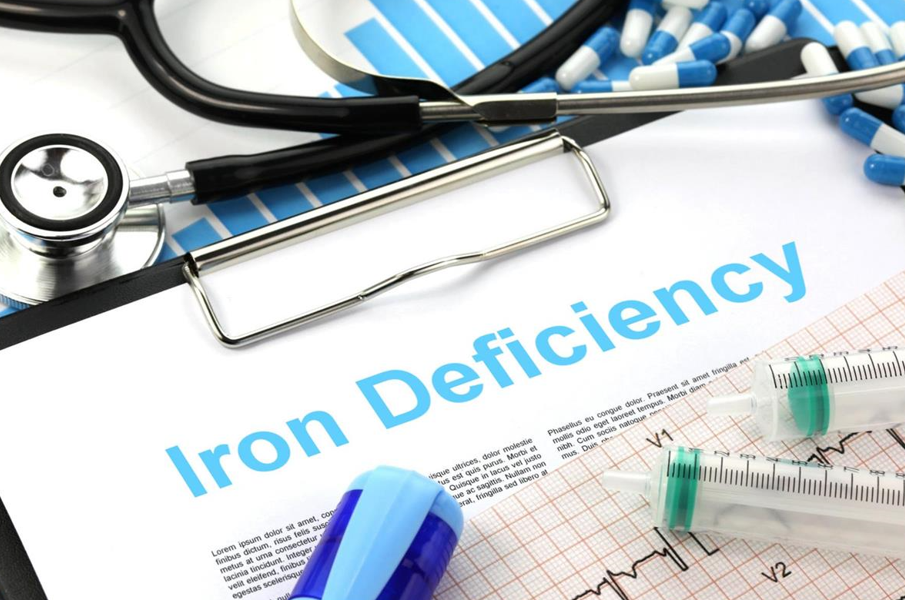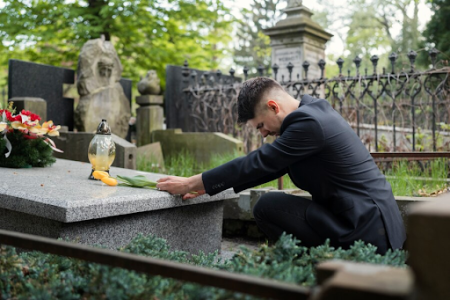Anemia, or iron deficiency, in the elderly population is increasingly common and shows itself in roughly 80% of the senior population. Despite how common it is, it’s also extremely easy to overlook. Some of the symptoms of iron deficiency disguise themselves as general symptoms of aging, so it’s easier for seniors to not think anything of it.
In this article, we’ll cover the symptoms of iron deficiency in seniors, what causes iron deficiency, and how you can treat it too.
Do I Have an Iron Deficiency?
The most common symptoms of iron deficiency are fatigue, poor circulation, and shortness of breath. Along with that, you may experience any of the following symptoms:
● Dizziness
● Headache
● Sore Tongue
● Pale and/or Dry Skin
● Skin That Gets Bruised Easily
● Shaky Legs While Sitting
● Restless Leg Syndrome
● Racing Heartbeat
When to Talk to the Doctor
Most of the symptoms listed above are also considered general signs of aging. For this reason, it can be tricky differentiating those general signs from actual symptoms of iron deficiency. If you’re regularly feeling dizzy and generally cold, it’s worth a visit to your doctor. For those with family members in long-term care settings that may not be able to control their diets, it’s important to keep an eye on your loved ones.
While there, you’ll likely get a blood test and they’ll be able to tell the amount of iron in your blood. If it’s determined that you’re anemic, you may need to schedule a follow-up or two with your doctor after discussing a course of treatment.
What Are the Causes of Iron Deficiency?
Anemia occurs when your blood lacks the appropriate amount of red blood cells to function properly. Your red blood cells are the cells that carry oxygen to your other bodily tissue. When there aren’t enough red blood cells to perform the task, your body slows down and you likely will feel lethargic or like you’re running on fumes. For those who have recently had surgery and are recovering, iron becomes especially important.
There are a few causes of iron deficiency that are worth noting:
● Blood Loss: Because your blood contains red blood cells, losing a large amount of blood at once will likely cause the body to fall into anemia. Slow blood loss that occurs consistently from issues like hernias, polyps, or cancer are also common causes of anemia in seniors.
● An Iron-Deficient Diet: In order for your body to maintain normal iron levels, you have to consume foods rich in iron. While skipping out on it for a meal or two won’t do any harm, prolonged deficiency of iron will lead to anemia.
● Inability to Absorb Iron: It’s also possible that your body just won’t absorb the iron you’re taking in. If you suffer from intestinal issues like celiac disease, you may experience anemia.
How to Treat Iron Deficiency in Senior Citizens
Your first step in treating your iron deficiency is to figure out if you actually have an iron deficiency. Schedule an appointment with your doctor and get the necessary blood work. Doing this will ensure that you’re pursuing the proper treatment for iron deficiency.
After the appointment, your doctor will likely recommend eating an iron-rich diet with the possibility of taking a supplement if the situation is dire. If you have recurring issues, you may also need red blood cell transfusions or iron in the form of intravenous infusion (IV).
Depending on what your iron deficiency is coming from, however, your course of treatment will vary. For example, if it’s arising because you’re bleeding internally, you’ll first need surgery to stop the actual bleeding. After that, you may need to take iron supplements temporarily to get your levels back to normal.
If you have sickle cell anemia or another blood disorder, treating iron deficiency comes in the form of bone marrow transplants.
The best thing you can do for yourself if you have an iron deficiency is to make sure you maintain a well-balanced diet and eat foods that are high in iron. Along with that, you can follow these tips to maximize your health:
● Keep hydrated. Drinking enough water is important at any age but as a senior citizen, it’s all the more important. Staying hydrated allows your body to function properly and you’ll feel better too.
● Get regular exercise. If you feel weak, it’s important to take this slow. If you overextend yourself, you may end up in the hospital with complications.
● Stay away from anemia-inducing chemicals. Things like antimalarials, Arsenic, and Penicillin are all three anemia-inducing chemicals. Staying away from these will help you avoid having an iron deficiency flare-up.
● Take care of your teeth. Taking good care of your teeth will reduce the risk of a full-body infection.
● Talk to your doctor when you’re concerned. Of course, if you ever have any legitimate concerns, it’s always best to consult with your doctor before making decisions all by yourself.
● Write down your symptoms as they happen. Just so you don’t forget on the day of your doctor’s appointment, it’s important to have on hand exactly how you’ve been feeling.










